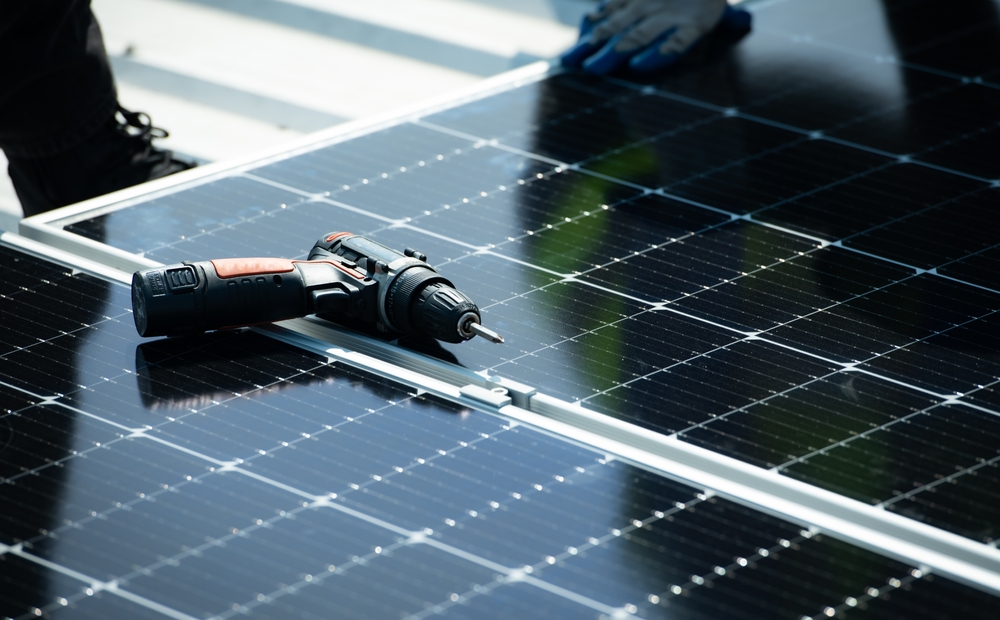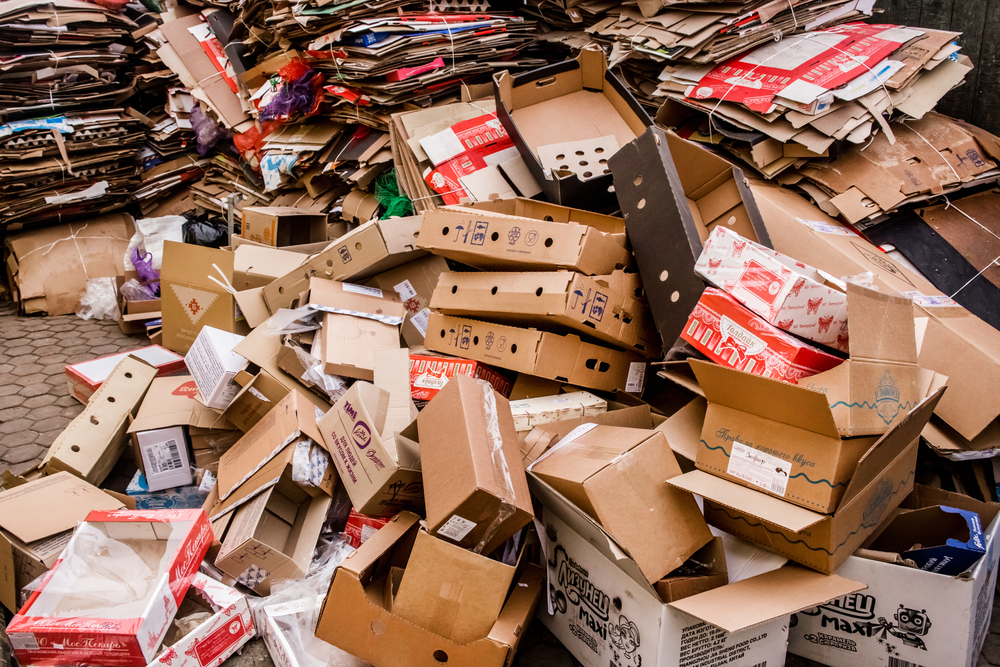Similar to building new roads, repairing existing ones is not an environmentally friendly endeavor. One of the main problems is bitumen, a fossil fuel-derived binder that holds asphalt together. A startup in Norway is recycling old roads using a plant-based binder instead, a process that could significantly shrink the carbon footprint of our roads.
Using lignin to make longer-lasting roads
The company’s solution involves a futuristic-looking machine called Carbon Crusher that grinds up the top layer of a damaged road. The company then uses lignin — a wood-based material that helps plants maintain their firm and woody structure — to bind the crushed material.
Because lignin is a byproduct of the paper industry its use contributes to the method’s sustainability. Additionally, because trees capture CO2 as they grow, including lignin in the process actually sequesters carbon. This shrinks the carbon footprint of road repair so much that the roads essentially become carbon negative.
“We’re making roads that are part of the solution to the climate crisis, not part of the problem,” says cofounder Haakon Brunell. “And it also happens to be a cheaper, more durable way of rehabilitating roads.”
Fewer carbon emissions from road construction
What’s particularly great about the company’s proprietary equipment is that it crushes asphalt and rocks into a fine material that can be reused. This eliminates the need for new material and the associated carbon emissions from its production and transportation. The process is also faster.
The technology is particularly welcome in Norway, where harsh winters can take a toll on the country’s roads, as the ground repeatedly freezes and thaws. The conventional binder, bitumen, “gets very stiff when we get some frost,” says co-founder Hans Arne Flåto. “It cracks up, and then they have to fix it and put new asphalt on. And then you have the same problem next year.” Lignin, on the other hand, is much more flexible. This allows the roads to adapt more easily to the harsh weather, preventing cracks and making them last longer.
The startup is now partnering with others to scale up operations beyond Norway. The ultimate aim, notes Flåto, is not to build new roads — which would incentivize more driving — but rather to improve existing ones.












